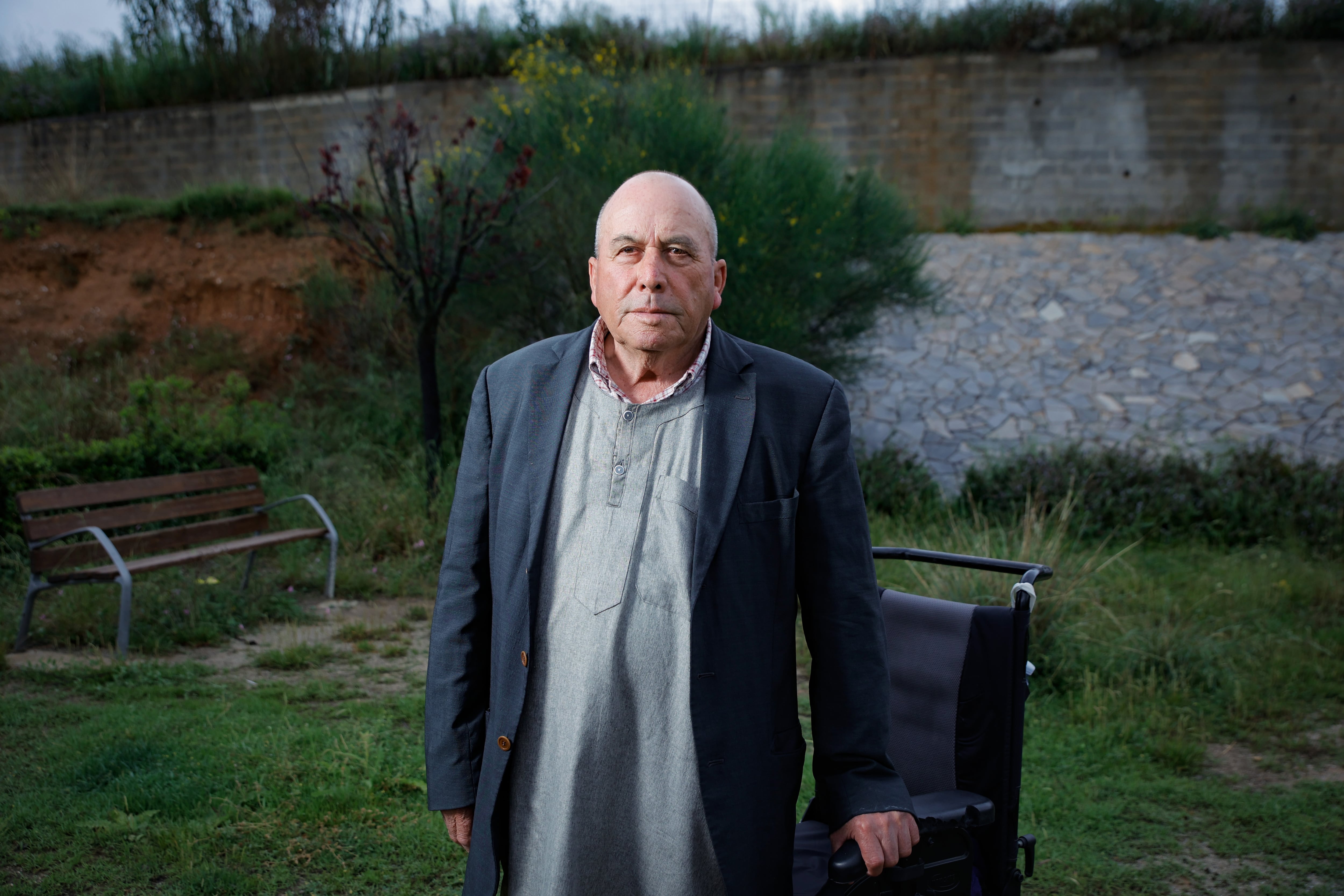Judicial error on judicial error: the ‘Tommouhi case’ | Opinion

As the country has explained in articles, Editorials and even a recent report, Ahmed Tommouhi and Abderrazak Mounib, being absolutely innocent, were erroneously convicted in the nineties to tens of years for robberies, illegal arrests and rapes they had not committed. Essentially, as so many times, due to poorly made identifications and a police-judicial faith in that test as contumazz as an accurate. Let’s leave out possible observations related to origin and social class of the investigated.
In His sentence number 789 of 1997, The Criminal Chamber of the Supreme Court has already recognized its innocence in one of the cases thanks to DNA, but continued in prison because the other convictions were not reviewed. Mounib died imprisoned. Tommouhi left prison in 2006, after two and a half years in preventive detention and 12 and a half years of age.
In His sentence number 531 of 2023 (26 years later!), The supreme annulled other 1992 sentences of the Provincial Court of Barcelona for similar reasons. In Your sentence number 402 of 2025, The Supreme has annulled the remaining convictions, in this case those of 1995 of the Audience of Tarragona.
The honor of Tommouhi and Mounib has been restored, declaring his innocence of such serious and disgusting crimes. Fortunately, since 2015 the criteria for reviewing sentences have evolved: « Proof that presumable or probably had determined an absolute pronouncement (not only to prove innocence, but also to generate doubts about guilt). »
For this, the revision serves: « It implies the acclapability of those who have been convicted with noticeable mistake or error, so that its purpose is aimed at prevailing, on the final sentence, the authentic truth. »
However, the scandal and indignation for a new judicial error in this case has emerged again. The National Court of the National Court He refused last month to compensate To Tommouhi for the 15 years he spent in pretrial detention and erroneously convicted. He is denied economic reparation, so important for this man and his family for the enormous and unfair damage suffered, but also the dignity that accompanies repair.
First, he is denied compensation for undue preventive detention, because « he has not suffered a damage », because that period « was computed for other convictions » (Lords, have you come up with that of those others was also innocent?). It is an unbearable formalism and indifference.
On the other hand, he is also denied for the years of undue condemnation. The convictions are objectively wrong. It makes no sense to exclude compensation because the error of the condemning court is understandable, apology or justifiable.
Sunly, the National Court considers that the Supreme Court did not expressly said that there was an error (although he says that an innocent was imprisoned) and also considers that there was no error because there is only error if there is error if there is error Ex before guilty, seriously negligent, and, in their opinion (which is already more than doubtful), the judges did their job more or less correctly. He refuses because the error of the audience of Barcelona was not a « rare, obvious and unjustified mistake. »
Why does this error about error occur? First, because the Organic Law of the Judiciary (LOPJ) does not properly regulate the right of the Article 121 of the Constitution; Second, because the judicial concept of judicial error is not correct for this case, and third, because the National Court has misunderstood the facts and has misplaced the right.
The error can be observable only a posteriori; It may have occurred despite the impeccable behavior of the court, but that an innocent person is imprisoned 15 years and his stained honor and his shattered life It is an objective error that must be compensated by the State.
Who should assume the cost of error? The imprisoned? No, the State. We assume it because it is a risk of our justice system, which gives us so many benefits, even if everything was done correctly. We all benefit, we all assume the cost of the margin of error.
It is incoherent to automatically compensate the damage of preventive detention with acquittal, but it is not automatically compensated after acquittal (revision) the damage suffered with an erroneous prison sentence.
The LOPJ provides that when there is intent or serious guilt of the court, the State may demand the payment of compensation already satisfied the victim of error by the State. That is, the State assumes compensation in cases where the judicial error is not guilty or less seriously guilty.
Hopefully the Supreme Court corrects this error, or that the Constitutional declare the incompatibility of this interpretation with the Constitution. And also that the reforming legislator Articles 292 and following the LOPJ to adapt the regulation of state responsibility in cases of objective judicial error. And if not, perhaps it has to be the European Court of Human Rights who adequately enforces us the Protocol number 7 of the European Convention on Human Rights.







